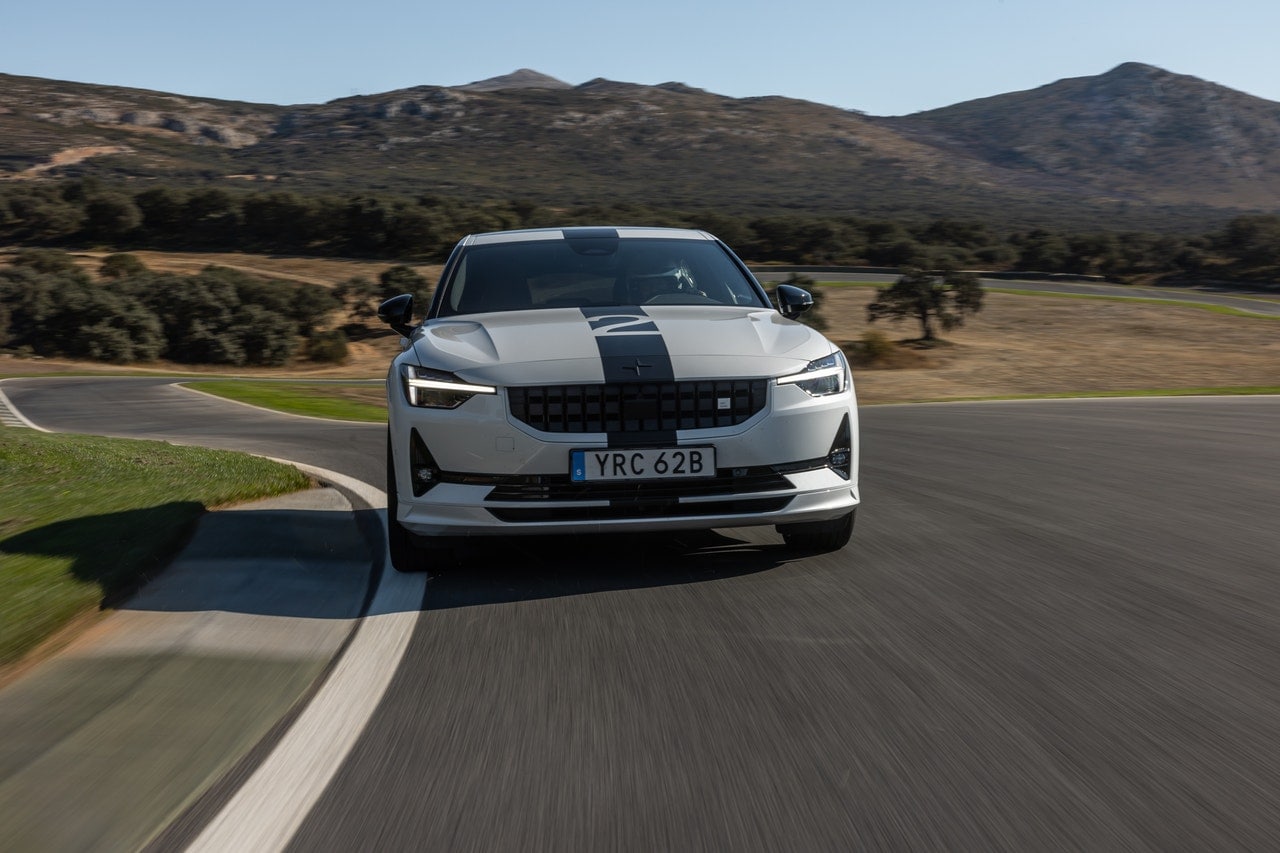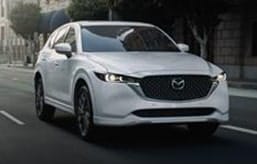- New tariffs on imported Chinese EVs soar to 100%.
- The Biden administration has also targeted the parts used to make EVs with higher tariffs.
- How the tariffs will affect the pricing of EVs made in China that are already here the U.S. remains to be seen.
Biden Hits Chinese EVs with 100% Tariff
The Biden administration's new tariffs could affect the price of some EVs already on sale in the U.S.
The Biden administration cited China’s unfair trade practices in announcing new tariffs this week on imported Chinese goods including EVs and the parts used to make them. The White House cited the threat to “American businesses and workers” and concerns about an influx of unfairly priced Chinese EVs in enacting a 100% tariff rate on electric vehicles, up from 25%, this year.
“China’s unfair trade practices concerning technology transfer, intellectual property, and innovation are threatening American businesses and workers. China is also flooding global markets with artificially low-priced exports,” the White House statement said in announcing new tariffs on products including steel and aluminum, semiconductors and solar cells.
The White House statement says that Chinese EV exports grew by 70% from 2022 to 2023 and points to Chinese government subsidies that make producing EVs extremely cheap for manufacturers, allowing them to charge significantly lower prices. The U.S. government also subsidizes the production of EVs, and the efforts include $20 billion in other grants and loan programs to expand domestic production of advanced batteries and battery materials to assist American automakers in their transition to electric vehicles.
The new tariffs on Chinese imports also target the materials used to make electric vehicles in China. The White House says the tariff on lithium-ion EV batteries, as well as battery parts, will increase from 7.5% to 25% this year. All-new tariffs of 25% were announced on natural graphite and permanent magnets — the latter of which can be used to make EV motors — and other miscellaneous materials used in the production of EVs.
Geely-owned Volvo and Polestar both manufacture electric vehicles in China for the U.S. market, including the Polestar 2. It isn’t yet clear what effect the tariffs will have on the pricing of Geely-owned brands or others that use Chinese-made parts in their electric vehicles.
Am I Ready for an EV?
- EV ownership works best if you can charge at home (240V outlet)
- Adding a home charging system is estimated to cost $1,616 in
- Edmunds is partnering with Treehouse, an independent provider of home EV installation services. Learn more about the installation services partnership
Edmunds says
The tariffs imposed by the Biden administration could affect the price of certain EVs, but with the tariff announcement so recent, it’s hard to say what will happen just yet.



 by
by